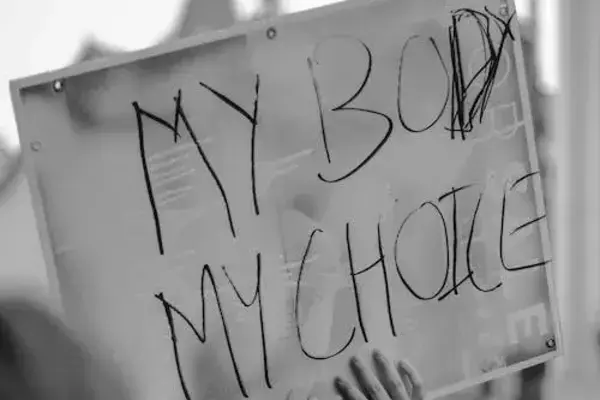
For Teachers & Professionals
Promoting healthy relationships in Young people
The definition of a “healthy relationship” is quite a broad construct. Healthy relationships involve honesty, trust, respect and open communication between partners and they take effort and compromise from both people. There is no imbalance of power. Partners respect each other's independence, can make their own decisions without fear of retribution or retaliation, and share decisions.
Relationships are formed from birth and remain constant until later in life. Starting with the model of our parents we form ideas on what relationships should look like. From the family, children can learn both healthy and unhealthy relationship models.
Schools are the second place where relationship education happens. In a lot of schools, it is required to teach children and young people about healthy relationships.
But what are the appropriate stages?
1. Early years
There are different ways to promote healthy relationships in the preschool years.
- Provide opportunities for children to play in different-sized groups;
- Plan activities that promote turn-taking;
- Encourage children to play alongside one another and avoid gender stereotyping;
- Ask children what they like or dislike about an activity. Help them express their thoughts and feelings in different ways and listen to the views of others;
- Where possible, allow children to decide whether or not they want to join in with an activity. Help them to say “no” if they don’t want to do something;
- Talk about the ways that people are different and similar. For example, we may have different hair, eye or skin colours but we all eat, breathe and have feelings;
- Talk about personal space and explain that some people might like more or less than others. Teach children that it’s OK to say “no” if they don’t want someone to touch them.
2. Middle age (5-11 years old)
Elementary school kids are capable of rational and emotional empathy, but they need to be guided. This is a common time for trying out different friend groups and learning how to maintain good relationships with their peers. You can help the kids to be respectful and confident people who have healthy, satisfying friendships and relationships.
- Empower children to have individuality and help them understand that everyone is unique;
- Praise children for demonstrating honesty, kindness, and respect for others;
- Give children opportunities to voice their opinions and encourage them to listen to other people’s views;
- Help children understand that “no” means “no” and make sure they know who to talk to if they are ever uncomfortable with something they have been asked to do;
- Work with children to resolve conflicts and help them understand how others might be affected;
- Talk to children about bullying in all its forms and make sure they know how to get help if they need it.
3. Adolescence (until 18 years old)
This is the time in which children experience bodily changes and may begin to experience more intense and intimate relationships.
- Encourage young people to be proud of what makes them an individual;
- Introduce activities like peer mentoring to help young people support each other;
- Talk about relationships that are presented in films, books or the media. Ask young people which aspects they think are healthy or unhealthy, for example, independence or control. Talk about the way relationships happen online as well as offline.
- As young people get older, discuss issues around sex and consent.
Learning how to have healthy friendships early in life can set your kid up to have some of the most meaningful and rewarding experiences life has to offer.
REFERENCES
NSPCC Learning. Promoting healthy relationships in schools. (2022, April 21). Retrieved2022, from https://learning.nspcc.org.uk/safeguarding-child-protection-schools/promoting-healthy-relationships.
Planned Parenthood. (n.d.). Social Skills & Relationships Education in Elementary School. Retrieved 2022, from https://www.plannedparenthood.org/learn/parents/elementary-school/what-should-i-teach-my-elementary-school-aged-child-about-health
World Health Organization. (2004). The importance of caregiver-child interactions for the survival and healthy development of young children: A review.
Share the knowledge!
More For Teachers & Professionals Q&A

The Open Communication model of Brenner for patients with Parkinson’s disease

9 Principles for Sensitive Talks about Sexuality

Multiple Sclerosis and Sexuality

Facilitators for Patient-centered Communication with Adolescents – part 2

Comprehensive Sexuality Education and Emotional literacy

Voluntary Abortion and Professionalism
This is a website that WE are building together. If you have a question there is no answer to on this site, send it here!
